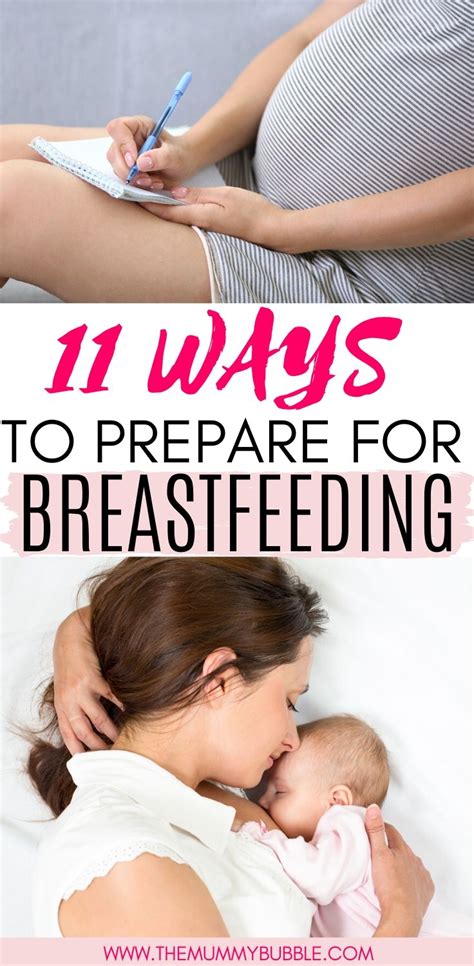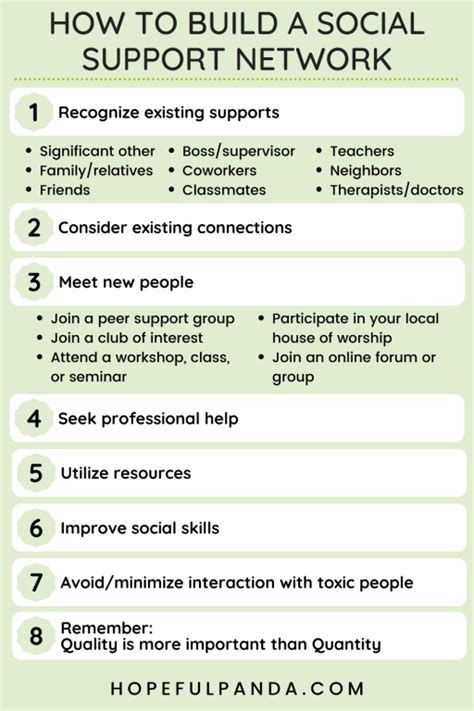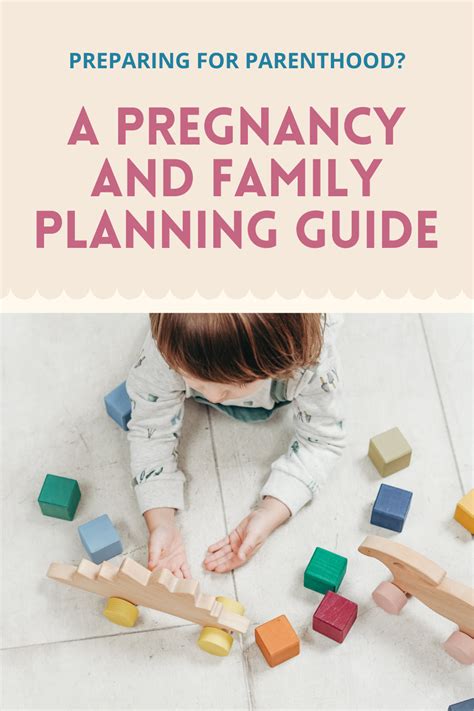Intro
Discover 7 essential tips for a smooth third trimester, covering pregnancy comfort, baby preparation, and labor readiness, to ensure a healthy and happy final stretch of pregnancy.
As the third trimester of pregnancy approaches, many expectant mothers are filled with a mix of emotions - excitement, nervousness, and anticipation. This final stretch of pregnancy is crucial, and being prepared can make all the difference. The third trimester, which spans from week 28 to birth, is a time of significant growth and development for the baby, and the mother's body undergoes numerous changes to accommodate this growth. Understanding what to expect and how to navigate this period can help mothers-to-be feel more confident and prepared for the arrival of their little one.
The third trimester is a critical period for fetal development, during which the baby's lungs mature, and the brain, bones, and other vital organs continue to grow and develop. The mother's body also undergoes significant changes, including weight gain, back pain, and fatigue. Despite these challenges, many women find the third trimester to be an exciting time, as they begin to feel more connected to their baby and prepare for the journey of motherhood. By staying informed and taking proactive steps, expectant mothers can ensure a healthy and happy pregnancy, and a smooth transition into parenthood.
As the due date approaches, many expectant mothers are eager to learn more about what to expect during the third trimester, and how to prepare for the arrival of their baby. From managing physical discomforts to preparing for breastfeeding and parenthood, there are many aspects to consider. By following these 7 tips, mothers-to-be can navigate the third trimester with confidence and prepare for a positive and empowering birth experience.
Staying Comfortable and Managing Discomfort

Benefits of Prenatal Massage
Prenatal massage is a wonderful way to relax and reduce stress during the third trimester. Not only can it help alleviate back pain and discomfort, but it can also improve sleep quality, reduce anxiety and depression, and even help prepare the body for labor. Many expectant mothers find that prenatal massage helps them feel more connected to their body and their baby, and can even help reduce the risk of complications during pregnancy. By incorporating prenatal massage into their self-care routine, mothers-to-be can promote a healthier and more positive pregnancy experience.Nutrition and Hydration

Importance of Folic Acid
Folic acid is a crucial nutrient during the third trimester, as it plays a critical role in the baby's brain and spinal cord development. Expectant mothers should aim to consume at least 600-800 micrograms of folic acid per day, either through their diet or supplements. Foods rich in folic acid include dark leafy greens, citrus fruits, and fortified cereals. By ensuring adequate folic acid intake, mothers-to-be can reduce the risk of birth defects and promote a healthier pregnancy.Preparing for Breastfeeding

Benefits of Skin-to-Skin Contact
Skin-to-skin contact is a wonderful way to promote bonding and breastfeeding during the third trimester. By holding the baby against the bare chest, mothers can help regulate the baby's body temperature, heart rate, and breathing, while also promoting a sense of calm and security. Skin-to-skin contact can also help stimulate the release of hormones that support breastfeeding and milk production, making it an essential part of the breastfeeding journey. By prioritizing skin-to-skin contact, expectant mothers can promote a healthier and more positive start to their breastfeeding journey.Building a Support Network

Importance of Self-Care
Self-care is essential during the third trimester, as it can help reduce stress and anxiety, promote a sense of calm and well-being, and prepare the body for labor. Expectant mothers can prioritize self-care by engaging in activities that bring them joy, such as reading, taking a warm bath, or practicing yoga or meditation. Additionally, taking breaks to rest and relax, and seeking out support from loved ones can help reduce feelings of overwhelm and promote a healthier pregnancy. By prioritizing self-care, mothers-to-be can promote a healthier and more positive pregnancy experience, and a smoother transition into parenthood.Preparing for Parenthood

Benefits of Parenting Classes
Parenting classes are a wonderful way to prepare for parenthood during the third trimester. Not only can they provide valuable information and guidance on parenting, but they can also offer a sense of community and support. Many parenting classes cover topics such as breastfeeding, baby care, and parenting styles, and can help expectant mothers feel more confident and prepared for the arrival of their baby. By attending parenting classes, mothers-to-be can promote a healthier and more positive start to their parenting journey, and reduce their risk of anxiety and depression.Staying Active and Engaged

Importance of Mental Health
Mental health is essential during the third trimester, as it can impact the mother's overall well-being and the baby's development. Expectant mothers can prioritize their mental health by seeking out support from loved ones, attending therapy sessions, and engaging in activities that promote relaxation and stress reduction. Additionally, practicing self-compassion, and being kind to oneself can help reduce feelings of guilt and shame, and promote a healthier pregnancy. By prioritizing mental health, mothers-to-be can promote a healthier and more positive pregnancy experience, and a smoother transition into parenthood.What are the most common symptoms of the third trimester?
+The most common symptoms of the third trimester include back pain, fatigue, and Braxton Hicks contractions. Expectant mothers may also experience swelling, varicose veins, and mood swings.
How can I manage back pain during the third trimester?
+Managing back pain during the third trimester can be achieved by practicing good posture, wearing a supportive bra, and engaging in gentle exercises such as yoga or swimming. Expectant mothers can also use heat or cold packs to relieve back pain, and consider seeking out prenatal massage or physical therapy.
What are the benefits of breastfeeding during the third trimester?
+The benefits of breastfeeding during the third trimester include promoting a sense of calm and security, stimulating the release of hormones that support milk production, and providing essential nutrients and antibodies to the baby. Breastfeeding can also help reduce the risk of postpartum depression and anxiety, and promote a smoother transition into parenthood.
How can I prepare for parenthood during the third trimester?
+Preparing for parenthood during the third trimester can be achieved by reading books and articles about parenting, attending parenting classes, and speaking with other parents. Expectant mothers can also prepare the home and nursery for the baby's arrival, and set up a support system for after the birth.
What are the importance of self-care during the third trimester?
+The importance of self-care during the third trimester includes reducing stress and anxiety, promoting a sense of calm and well-being, and preparing the body for labor. Self-care can also help reduce feelings of guilt and shame, and promote a healthier pregnancy. Expectant mothers can prioritize self-care by engaging in activities that bring them joy, practicing self-compassion, and seeking out support from loved ones.
As the third trimester comes to a close, expectant mothers are likely to feel a mix of emotions - excitement, nervousness, and anticipation. By following these 7 tips, mothers-to-be can navigate the third trimester with confidence and prepare for a positive and empowering birth experience. Whether it's staying comfortable, preparing for breastfeeding, or building a support network, there are many ways to promote a healthier and more positive pregnancy experience. By prioritizing self-care, staying active and engaged, and seeking out support from loved ones, expectant mothers can reduce their risk of anxiety and depression, and promote a smoother transition into parenthood. So, take a deep breath, stay positive, and get ready to welcome your little one into the world!
